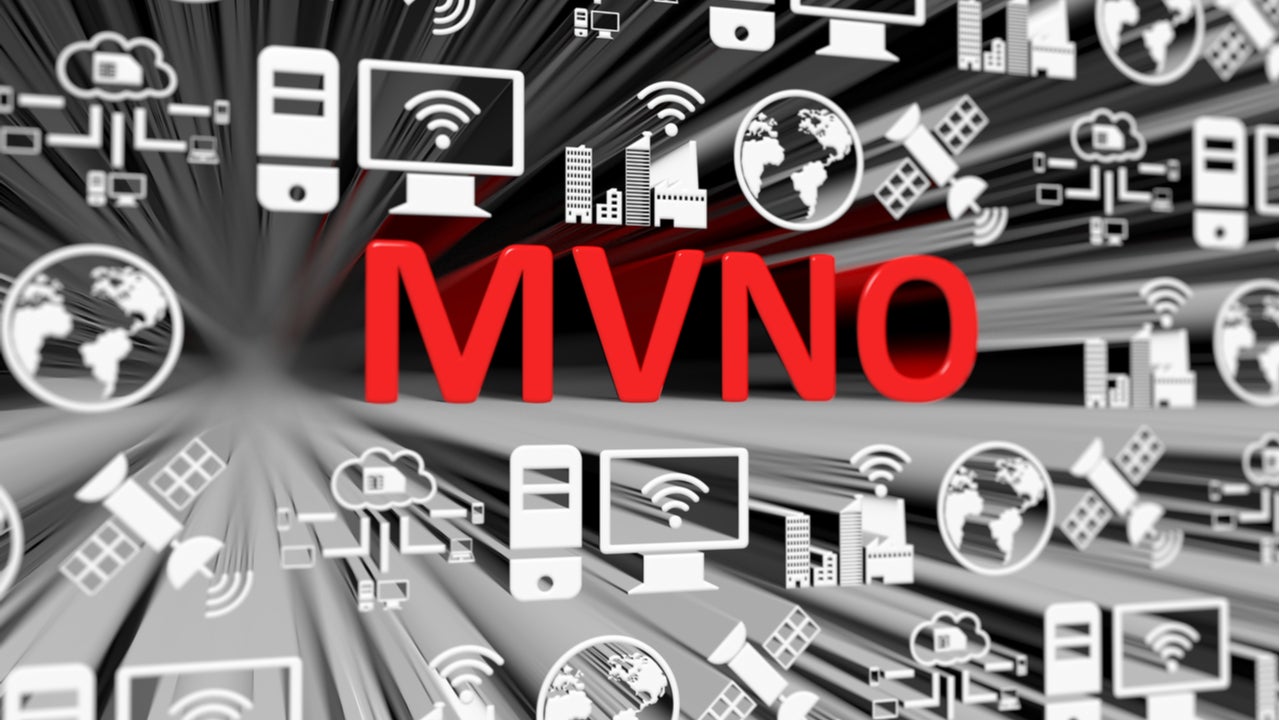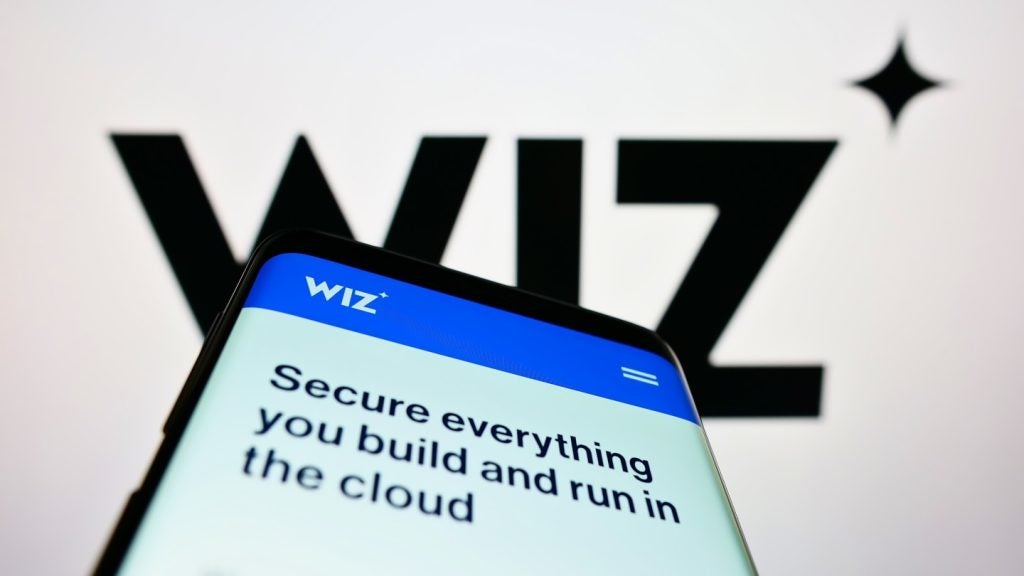Industrial Internet of Things (IIoT) Mobile Virtual Network Operators (MVNOs) have struggled in recent years due to a reliance on a connectivity-led portfolio, at the same time as large mobile operators have had a strong focus on directly selling their own enterprise IoT solutions.
Those MVNOs that remain in business and are even thriving have revamped offerings in order to stay relevant, drawing customers with application enablement, vertical solutions, management platforms, and professional and managed services.
Expansion benefits
IIoT MVNOs play an important role in expanding the reach of enterprises looking to connect diverse devices on a global basis, primarily via cellular technologies. They can expand mobile or fixed operators’ footprints as a partner, or sell directly to OEMs and enterprises that need widespread easy-to-use connectivity.
Whether they partner with operators or compete directly against them depends on whether customers need seamless connectivity in regions where a single carrier cannot provide service. They also may partner with satellite providers or have their own satellite connectivity services, ideal for markets where cellular service is spotty or unavailable such as maritime environments.
Global reach of MVNOs is an advantage
Aside from their connectivity benefits, these MVNOs have had to enlarge their focus in order to stay relevant, compete more effectively, and enhance revenue opportunities. They have added vertical focus areas, and are often involved in application enablement and end-to-end solutions that may include hardware, software, professional services and applications on top of connectivity.
It doesn’t really matter where they are headquartered, as they have become global in their reach as international connectivity is one of their key selling points.
How well do you really know your competitors?
Access the most comprehensive Company Profiles on the market, powered by GlobalData. Save hours of research. Gain competitive edge.

Thank you!
Your download email will arrive shortly
Not ready to buy yet? Download a free sample
We are confident about the unique quality of our Company Profiles. However, we want you to make the most beneficial decision for your business, so we offer a free sample that you can download by submitting the below form
By GlobalDataThe following North American headquartered MVNOs have changed their product portfolios over the last two years in order to draw more enterprises, but may partner with operators and satellite providers in selling both connectivity-led and advanced solutions.
- KORE is one of the largest IoT MVNOs in the U.S., having acquired many of its closest rivals over the years. It provides global IoT connectivity via networks of 24 cellular and satellite partners in 180 countries. It has also refreshed its portfolio with strategy and readiness consulting, IoT application management and data-as-a-service, reporting and analytics, asset monitoring, network and IoT security management, and endpoint lifecycle management. KORE sells connectivity to about 3600 enterprises and supported 12.9 million connections in Q1 2021. It focuses on Healthcare, Assets and Logistics, Fleet and Vehicle, and Industrial markets. New disclosed customers so far in 2021 include Swoop Aero (medical drones) while new partners include Koch Strategic Platforms (an investment partner), and Cradlepoint (5G backup). It also began selling its asset monitoring solution on the AWS marketplace. KORE has accepted a proposed merger with Cerberus Telecom (CTAC), a “blank check” company which seeks acquisitions through mergers. Meanwhile it has begun issuing formal earnings reports and stated it had generated $213 million in 2020 with Q1 2021 revenues of $55 million.
- Aeris has evolved from its origins as a connectivity provider/MVNO to become a platform provider, focused on the automotive industry. While it still aggregates connectivity from 550 operators in 190 countries, it has rationalized its portfolio of connectivity-focused services, offering platforms and vertical expertise to operators and SIs as well as enterprises. It is especially active in India; an alliance with operator BSNL expanded its reach, while a partnership with Eblu helped drive Eblu’s mission to provide leased rickshaws via an e-rental model. Aeris signed a partnership with ÆON Credit Service India to deploy IoT devices in the auto finance segment, and one with Omnicomm to launch a fuel monitoring solution in India. In 2021 it forged an alliance with AWS for secure Cloud Connect, allowing IoT devices to send data securely without a VPN. New 2020/2021 automotive partners include Volkswagen, Mitsubishi and Trimble. New partners/customers include Foresolutions (cold chain), BBox (solar energy); and Detectronic (water monitoring). It also joined the LoRA Alliance in 2021 to expand technology solutions and potential partnerships.
- ORBCOMM provides solutions that connect businesses to their assets to deliver increased visibility and operational efficiency. While its origins and IP are as a satellite network provider, it offers a broad set of asset monitoring and control solutions, including seamless satellite and cellular connectivity (the latter through seven tier-one cellular operator relationships), unique hardware, and vertical applications, backed by end-to-end customer support, from installation to deployment and customer care. ORBCOMM has a diverse customer base including OEMs, enterprises, and channel partners spanning transportation, supply chain, warehousing and inventory, heavy equipment, maritime, natural resources and government. Due to its heritage in satellite communications, it has one of the largest IoT networks in the world (including aggregated partner networks) and is a single source for satellite, cellular and dual-mode offerings.
- SIERRA WIRELESS has added edge-to-cloud connectivity and managed services to its primary business of selling cellular communications equipment. Its All-in-One edge-to-cloud solution extracts data from industrial equipment, prioritizes it, and sends it to the cloud; it includes modules, gateways, wireless connectivity and cloud APIs. Sierra’s 2018 acquisition of Numerex, a US-based MVNO with specialties in security, safety, and utilities increased Sierra’s recurring revenue stream, important for profitability. Solutions and other non-hardware revenue is now 31% of total revenues. Sierra also acquired M2M Group, which expanded its European-focused customer base to the US and Asia-Pacific. Sierra. Sierra generated $448.6 million in 2020, and $108 million in Q1 2021.









Related Company Profiles
Mitsubishi Corp
Volkswagen AG
ORBCOMM Inc